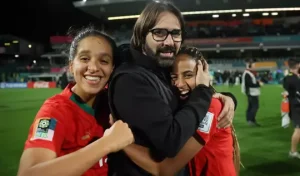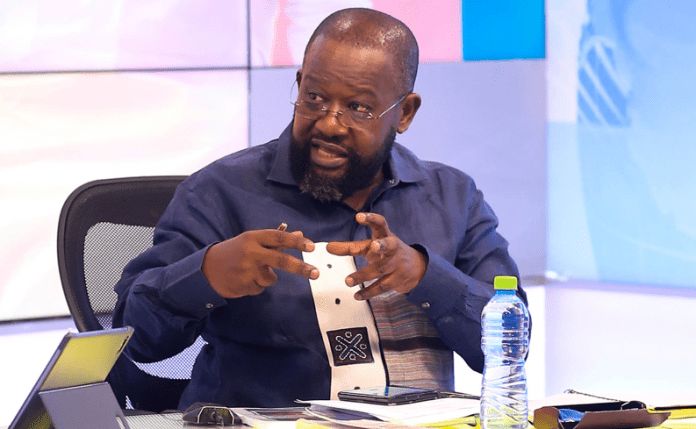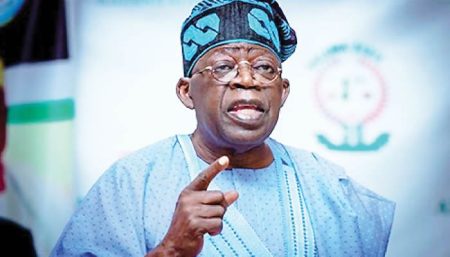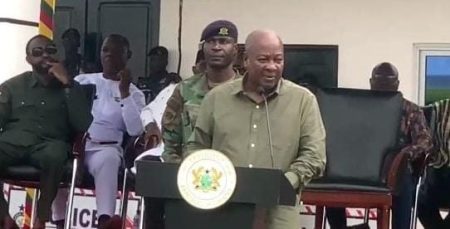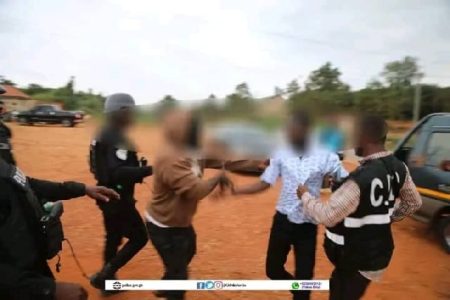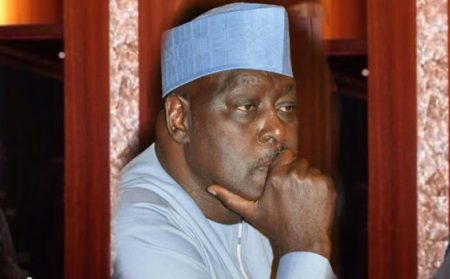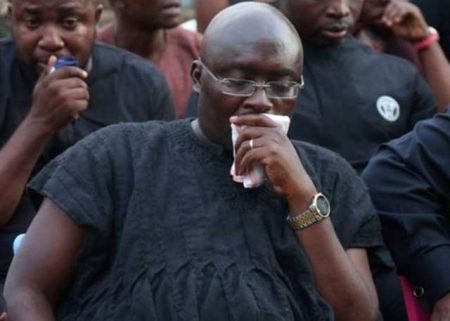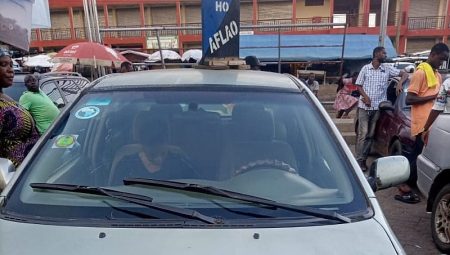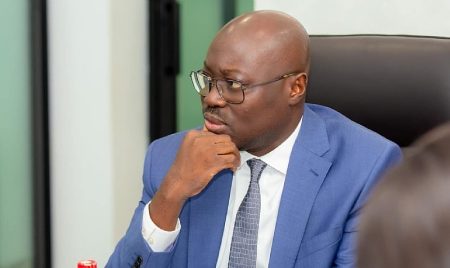The walkout staged by the Minority Caucus of Ghana’s Parliament during the 2025 mid-year budget review has sparked sharp criticism, particularly from Kwame Jantuah, a prominent member of the Convention People’s Party (CPP). Jantuah characterized the move as both immature and obsolete, especially given the critical need for rigorous scrutiny of the budget presentation by the opposition. He argued that such actions hinder effective parliamentary oversight and deprive the public of the Minority’s perspective on crucial national issues. Jantuah’s critique underscores the importance of constructive engagement in parliamentary proceedings and the expectation of responsible conduct from the largest opposition bloc.
Jantuah questioned the rationale behind the Minority’s theatrical exit, highlighting the missed opportunity for robust debate and counterarguments during the budget review. He emphasized the significance of the Minority’s role in holding the government accountable and advocating for alternative policies. By walking out, Jantuah argued, the Minority not only abdicated this responsibility but also silenced their own voice on matters of national importance. He urged them to embrace more strategic and impactful methods of parliamentary engagement.
Furthermore, Jantuah suggested that the Minority Caucus seek guidance from experienced political figures like former President John Agyekum Kufuor. He posited that consulting with such seasoned leaders could provide valuable insights and help the caucus refine its approach to parliamentary affairs. Jantuah’s call for mentorship reflects a concern that the current Minority leadership may lack the necessary experience and strategic acumen to effectively fulfill its role as a check on the ruling government. He emphasized the need for the Minority to live up to public expectations of responsible and impactful opposition.
The Minority’s dramatic walkout, preceding Finance Minister Dr. Cassiel Ato Forson’s budget review, involved all New Patriotic Party (NPP) MPs, dressed in black, exiting the chamber. Their stated purpose was to deliver a petition to President John Dramani Mahama addressing concerns about electoral violence and illegal mining. However, the timing of their action, coinciding with a crucial budgetary presentation, drew criticism for overshadowing the budget review itself and potentially diverting attention from the substantive issues raised within it.
This incident underscores the broader tensions and dynamics within Ghana’s political landscape. The Minority’s dramatic gesture can be interpreted as a strategic move to highlight their grievances on issues they deem critical, namely electoral violence and illegal mining. By choosing this particular moment, they sought to maximize the visibility of their protest and exert pressure on the government to address their concerns. However, their actions also raise questions about the most effective means of achieving their objectives and the potential consequences of disrupting parliamentary proceedings.
The criticism levelled against the Minority highlights the delicate balance between expressing dissent and fulfilling the responsibilities of parliamentary representation. While the opposition has a right and duty to raise concerns and challenge government policies, the manner in which they do so is crucial. Jantuah’s critique calls for a more mature and strategic approach, one that prioritizes constructive engagement and avoids theatrics that may undermine the very processes designed to facilitate democratic debate and accountability. The incident serves as a reminder of the ongoing need for dialogue and cooperation within Ghana’s political system to address critical national challenges effectively.


